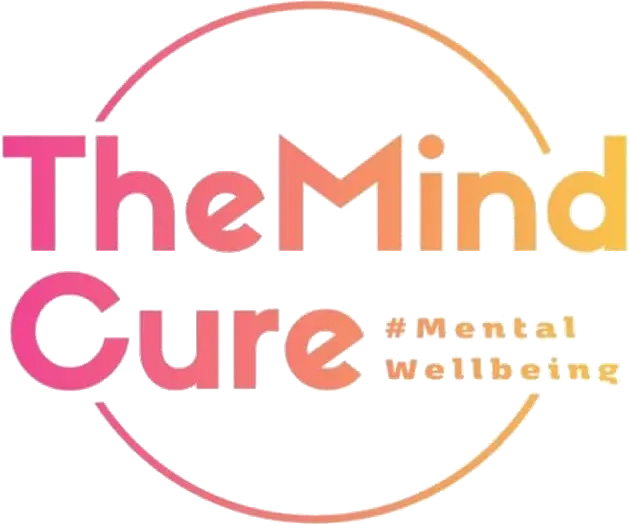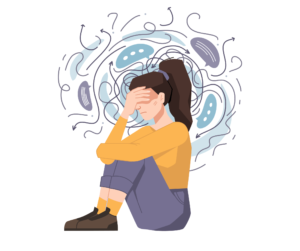Depression is a serious mental health condition that affects millions of people worldwide. It goes beyond temporary sadness, often leading to persistent hopelessness, fatigue, and disinterest in daily activities. Understanding depression symptoms, its causes, and available treatment options can help individuals navigate their mental health journey.
Recognizing Depression Symptoms
Depression manifests in different ways, but some common symptoms include:
- Persistent sadness or feelings of emptiness
- Loss of interest in activities once enjoyed
- Sleep disturbances, including insomnia or excessive sleeping
- Changes in appetite, leading to weight gain or loss
- Fatigue and low energy despite adequate rest
- Difficulty concentrating or making decisions
- Physical symptoms, such as headaches and muscle pain
- Thoughts of self-harm or suicide (If you or someone you know is experiencing this, seek professional help immediately.)
Causes of Depression
There is no single cause of depression; rather, it results from a mix of biological, psychological, and social factors. Some of the most common causes of depression include:
- Genetics: A family history of depression can increase the risk.
- Brain Chemistry: Imbalances in neurotransmitters like serotonin and dopamine can contribute to depressive symptoms.
- Trauma and Stress: Major life events, such as losing a loved one, job loss, or relationship problems, can trigger depression.
- Chronic Illness: Conditions such as diabetes, heart disease, or chronic pain can be linked to depression.
- Social Isolation: A lack of strong social connections can contribute to feelings of loneliness and despair.
Depression Treatment: Finding the Right Approach
Thankfully, depression is treatable, and many people recover with the right support and treatment. Some of the most effective depression treatment options include:
1. Therapy
Therapy, particularly Cognitive Behavioral Therapy (CBT), helps individuals identify and challenge negative thought patterns. Other forms of therapy, such as talk therapy and mindfulness-based approaches, can also be beneficial.
2. Medication
Antidepressants, prescribed by a doctor, can help balance brain chemistry. However, they should always be taken under medical supervision and combined with other forms of treatment when necessary.
3. Lifestyle Changes
Simple changes in daily routines can have a significant impact on mental well-being. These include:
- Regular exercise, which boosts mood-enhancing endorphins
- A healthy diet, rich in nutrients that support brain function
- Establishing a consistent sleep routine
- Engaging in hobbies and activities that bring joy
Social Media and Depression: A Complicated Relationship
In today’s digital world, social media plays a crucial role in how people interact and perceive themselves. However, research suggests a link between social media and depression, with both positive and negative effects:
- Positive Impact: Online communities and support groups can help individuals find encouragement and resources.
- Negative Impact: Excessive use of social media may lead to comparison anxiety, low self-esteem, and increased feelings of isolation.
To maintain a healthy relationship with social media, it’s essential to limit screen time, curate positive content, and engage in offline interactions.
Breaking the Mental Health Stigma
One of the biggest barriers to seeking help is the mental health stigma surrounding depression. Many people fear being judged or misunderstood, which prevents them from reaching out for support. To break this stigma, we must:
- Encourage open conversations about mental health
- Educate others on the realities of depression
- Support loved ones struggling with mental health challenges
Final Thoughts
Depression is a complex but treatable condition. By understanding its symptoms, causes, and treatment options, individuals can take proactive steps toward recovery. Whether through therapy, medication, lifestyle changes, or social support, help is available. If you or someone you know is struggling, reaching out to a mental health professional is the first step toward healing.




